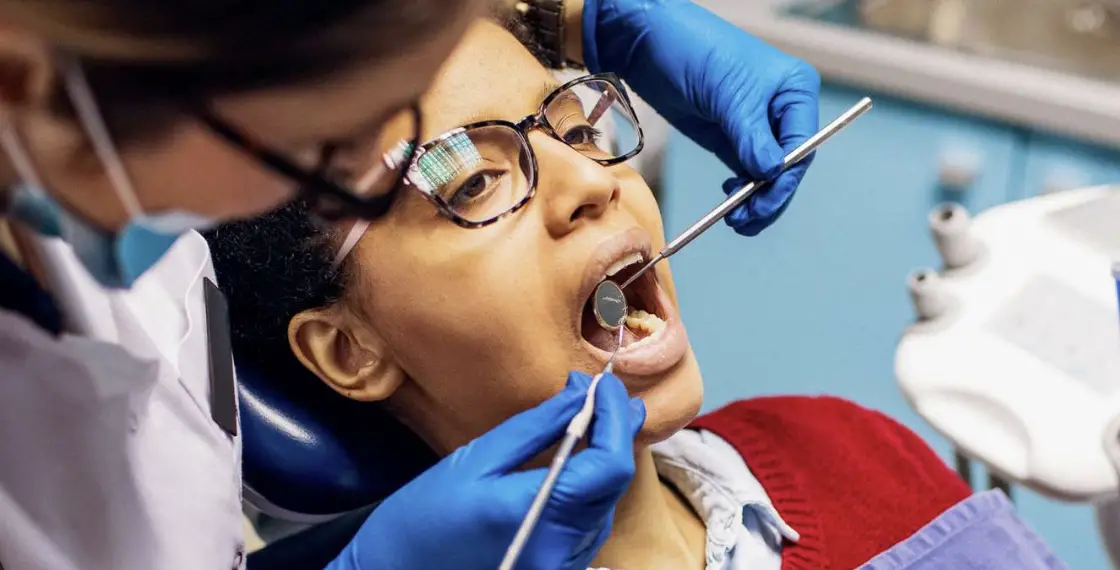Undergoing a tooth extraction can be an uncomfortable and sometimes painful experience. After the procedure, it’s essential to follow post-operative care instructions to promote healing and minimize complications. One common question that arises is whether it’s safe to consume alcohol after a tooth extraction. In this blog post, we’ll explore the considerations and recommendations regarding drinking alcohol post tooth extraction, helping you make an informed decision about indulging in your favorite libations.
- Healing Process and Potential Risks: Tooth extraction involves the removal of a tooth from its socket, creating an open wound in the gum tissue. Following the procedure, the extraction site undergoes a healing process, which typically takes several days to a few weeks. During this time, it’s crucial to avoid activities or substances that may interfere with the healing process or increase the risk of complications.
- Alcohol’s Impact on Healing: Alcohol is known for its effects on the body, including its ability to thin the blood and impair the body’s natural healing processes. Consuming alcohol shortly after a tooth extraction may interfere with the formation of blood clots, which are essential for the healing process. This can potentially lead to a condition known as dry socket, where the blood clot becomes dislodged or dissolves prematurely, causing increased pain and delayed healing.
- Interactions with Medications: Post tooth extraction, your dentist may prescribe pain medications or antibiotics to manage pain and prevent infection. It’s important to note that alcohol can interact negatively with certain medications, diminishing their effectiveness or causing adverse reactions. Be sure to carefully read the labels and consult with your dentist or healthcare provider about any potential interactions between alcohol and your prescribed medications.
- Increased Sensitivity and Discomfort: Tooth extraction can cause temporary sensitivity, swelling, and discomfort in the area surrounding the extraction site. Alcohol, particularly beverages with high acidity or carbonation, may exacerbate these symptoms and cause additional irritation. Drinking alcoholic beverages shortly after a tooth extraction may prolong the healing process and prolong discomfort.
- Hydration and Nutrition: Proper hydration and adequate nutrition play a significant role in the healing process after tooth extraction. Alcohol is known to dehydrate the body, potentially impeding the body’s ability to heal efficiently. Additionally, certain alcoholic beverages, such as hard liquors or mixed drinks, may contain high sugar content, which can negatively impact overall oral health. Opting for water and nutritious, soft foods during the healing period is generally recommended.
- Consult Your Dentist: While general guidelines can provide insight into alcohol consumption after tooth extraction, it’s essential to consult your dentist for personalized advice. Your dentist understands your specific dental health and can provide tailored recommendations based on your procedure, overall oral health, and individual circumstances. They can provide clear guidance on when it is safe to resume alcohol consumption and any specific restrictions or considerations to keep in mind.
Conclusion: When it comes to consuming alcohol after a tooth extraction, it’s crucial to prioritize the healing process and minimize potential complications. While occasional, moderate alcohol consumption may be possible after the initial healing period, it is generally advisable to wait until the extraction site has fully healed. Consulting your dentist and following their recommendations is vital for a smooth recovery. Remember, proper hydration, adequate nutrition, and maintaining overall oral hygiene are key factors in the healing process. Stay patient, take care of yourself, and before you know it, you’ll be able to raise a glass again in celebration of your restored oral health.
